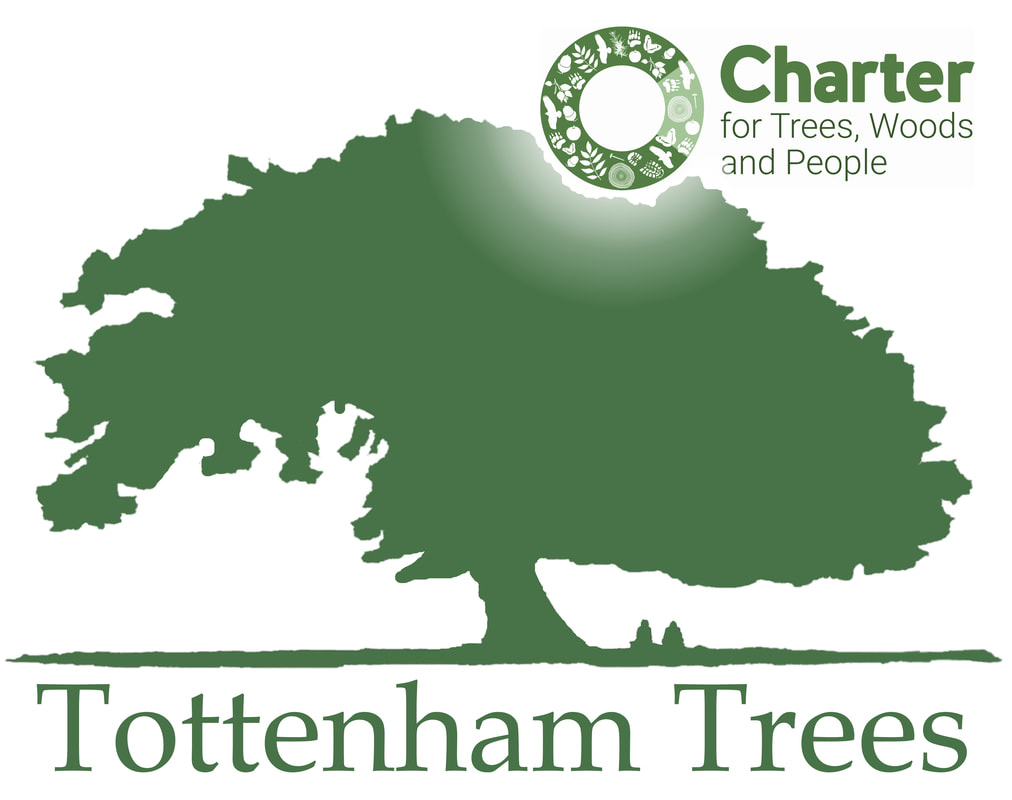
The Wangari Maathai Institute for Peace and Environmental Studies (WMI) was established to honor, advance, and immortalize the ideals and works of the 2004 Peace Nobel Laureate Prof. Wangari Maathai. The institute aims to promote good environmental practices and to cultivate a culture of peace by shaping values, ethics and attitudes of its graduates through experiential learning, mentoring and transformational leadership.
The Wangari Maathai Foundation (WMF), established in early 2015, is a partnership between Prof. Maathai’s family and the Green Belt Movement. The objectives of the Foundation are to further the legacy, vision and commitment of Wangari Maathai and to promote the ideals that she stood for and her understanding of the interconnectedness of the environment, democracy and peace.
Wangari Maathai was always clear that she wanted others around the world —environmentalists, women's rights activists,
democracy campaigners, peace advocates, Africans, and especially, African women—to claim the Nobel Peace prize and use it.
“We don't need to wait until individually we receive a prize,” she says. “…we don't work for recognition.
We work because we believe in what we do.”
The Wangari Maathai Foundation (WMF), established in early 2015, is a partnership between Prof. Maathai’s family and the Green Belt Movement. The objectives of the Foundation are to further the legacy, vision and commitment of Wangari Maathai and to promote the ideals that she stood for and her understanding of the interconnectedness of the environment, democracy and peace.
Wangari Maathai was always clear that she wanted others around the world —environmentalists, women's rights activists,
democracy campaigners, peace advocates, Africans, and especially, African women—to claim the Nobel Peace prize and use it.
“We don't need to wait until individually we receive a prize,” she says. “…we don't work for recognition.
We work because we believe in what we do.”

